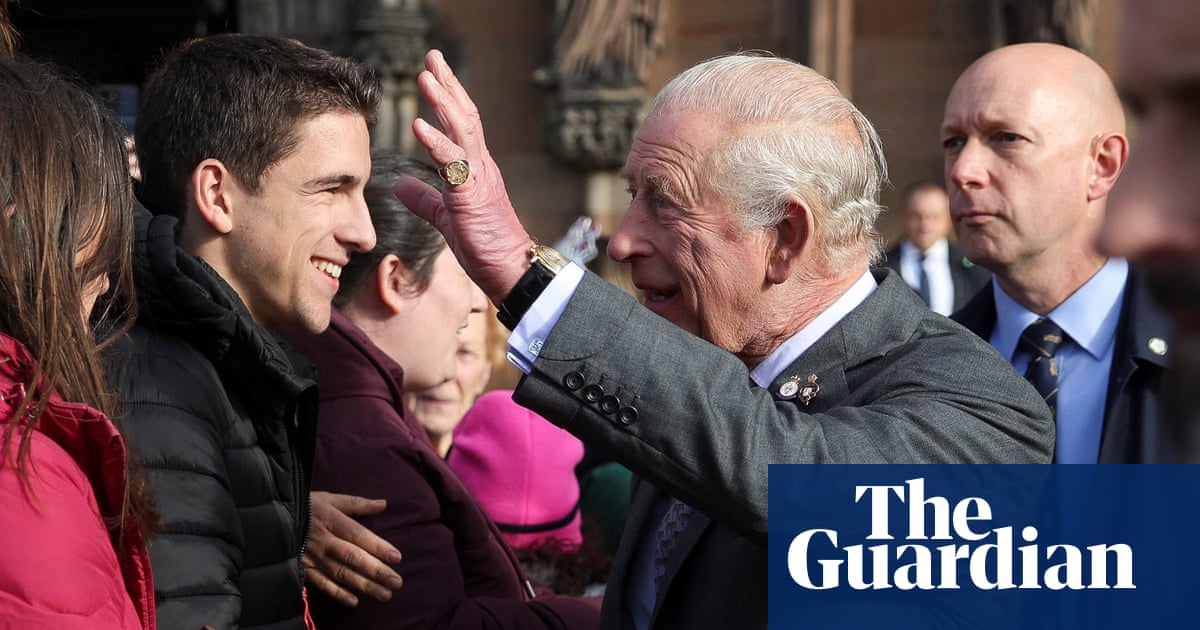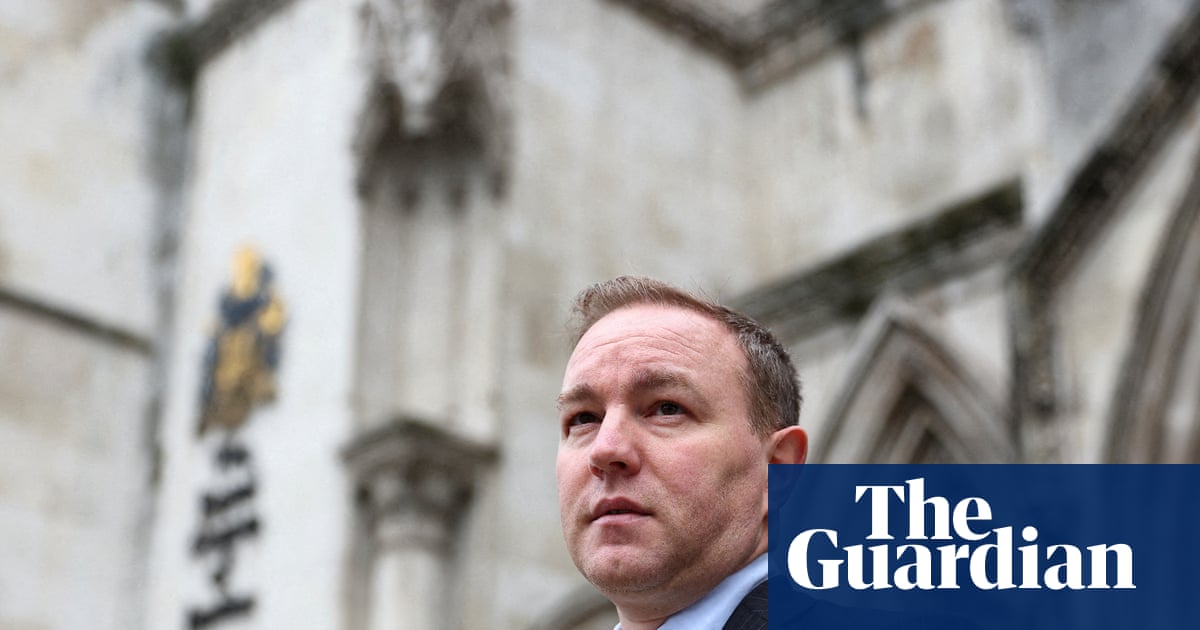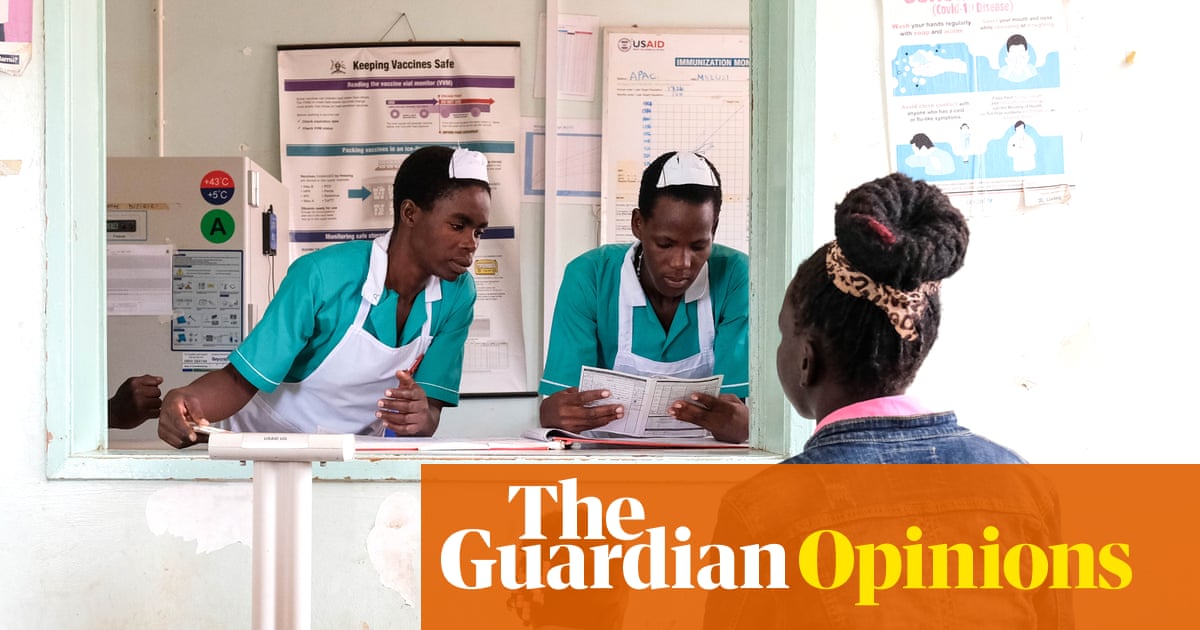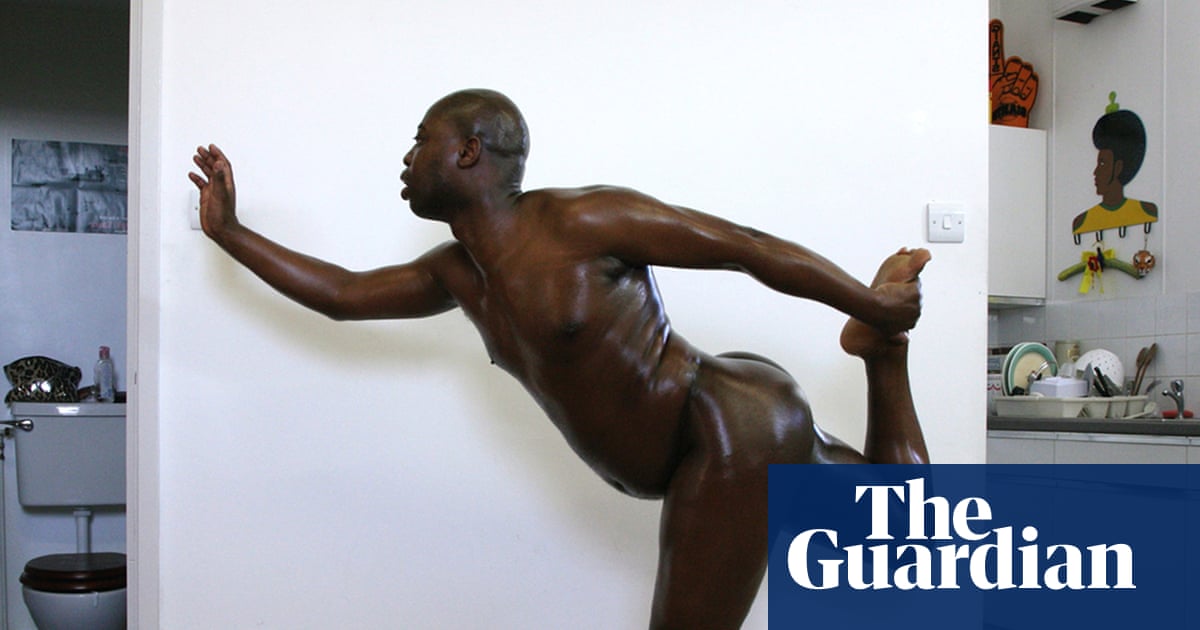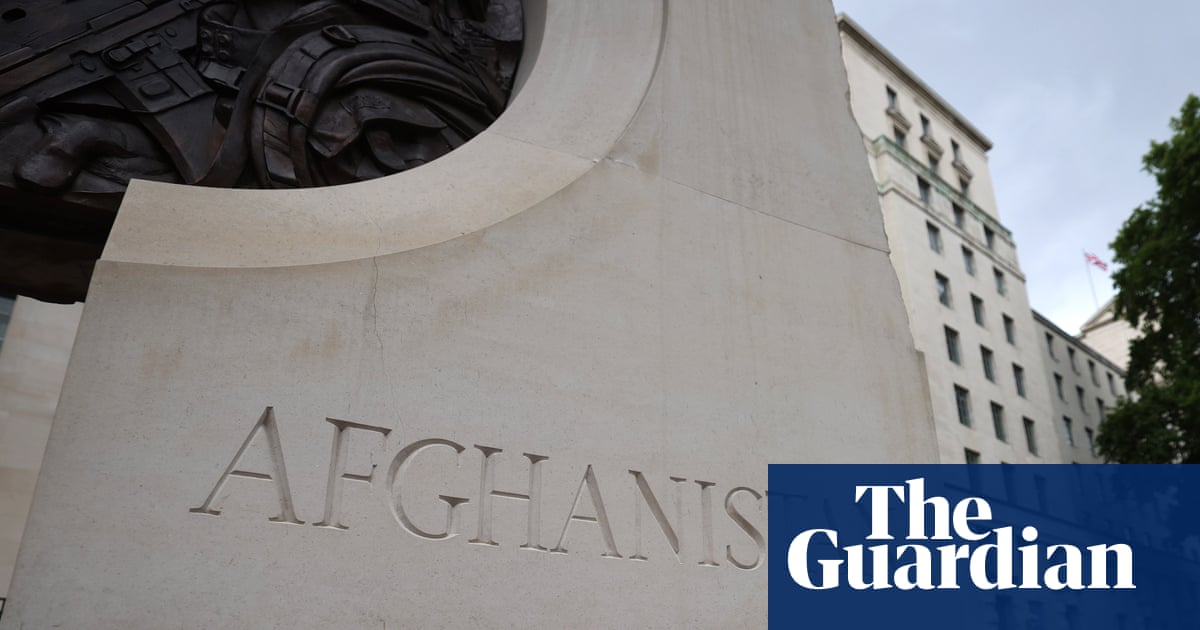Among the many dreams that the US offers its citizens, there’s this: that the American child, around the age of eight, will go to sleep-away camp a few hours from home and begin one of the key formative experiences of their life. They will return every summer. They will learn independence. They will form bonds with people who will one day godparent their children. As an adult, a friend of mine – no kidding – returned to the hallowed ground in Pennsylvania where her summer camp once stood, bought a piece of land and built a house there. Whenever we visited, she’d point out the ruins of the old dining hall down by the lake and get a haunted look on her face.
I mention this because, among the many devastated reactions to the flash floods in Texas last week, there is one that is particular, and particularly acute, to millions of Americans: a gut-level blow of unfathomable loss striking at an experience many consider to be sacred.
There’s no real equivalent to these kinds of summer camps in Britain. But for 26 million American kids each year, going to camp is indistinguishable from summer itself. And as with Camp Mystic on the banks of the Guadalupe River, where 27 campers and staff were killed by the floods, many have been going for long enough to be attended by generations of the same family. In a country relatively short on long-range tradition, summer camp is right up there.
As a result, as news of the floods started to break last weekend, there was a frenzy of communication between parents across the country, many of whom had dropped their own kids off at camp the previous week. “Unimaginable” was the word bouncing around on the text chains, but what made this disaster so horrific is that, for many Americans, the scene at Camp Mystic was intimately imaginable.
You knew the excitement and nerves of the youngest children being dropped off for the first time; you could see, in your mind’s eye, the camp director, mirrored wrap-around sunglasses balanced on top of his baseball cap, marshalling cars stuffed with gear to their cabins. These camps, many of which have been running for more than 100 years, run like clockwork. You could put the American Camp Association in charge of the US military and it would probably do just fine. The idea of any evil befalling your child at summer camp is, in the minds of many Americans, more remote than something happening to them at school.
Still, as an outsider, when my own kids got within age range two years ago, I was instinctively hostile to the whole thing. It seemed cultish. Seeing your child off to be minded by a bunch of untested 18-year-olds from Europe and Australia, brought in via a visa loophole, seemed nuts. The closest experience I’d had in my own childhood was a week at Brownie camp, and I’d hated every second of it.
This wasn’t, I knew, how many of my American friends felt. Immortalised in movies like The Parent Trap and books like Meg Wolitzer’s coming of age novel The Interestings, camp is where they first discovered their tribes – in the close-knit Jewish camps of the north-east; in the arts and theatre camps and the YMCA camp network, to which my own kids (after launching a campaign to persuade me) would themselves end up going. No tech, no phone calls, basically no laundry. Up at 7.30am and lights out at 9pm. A “bucolic” camp in rural New Jersey that was also my personal nightmare: in a wood, on a lake, where there were bear drills and snapping turtles and the occasional snake, plus no air conditioning, and – ugh – group fun.
And I was wrong, as it turned out. At eight years old, my kids did two weeks at camp and a year later, before we left the US for good, they lobbied to be allowed back for three. Their half-brother, two years their senior, was already pulling down the full two months at his camp up in the Berkshires. And while it won’t be the defining experience of their lives, when they’re 50 I have a feeling they’ll still be talking, occasionally, about camp – not the friends they made, but the even more delicious experience of making a sworn enemy, a kid from New Jersey who furthered the opinion that New York is full of “crusty rats”.
It inoculated them against other failures of nerve and made change seem not just survivable but fun. In other words – and as American parents this week consider in light of the full horror in Texas, where stories of what happened at Camp Mystic continue to unfold – it seemed to contain within it a promise of the future.
-
Emma Brockes is a Guardian columnist

 3 months ago
57
3 months ago
57
